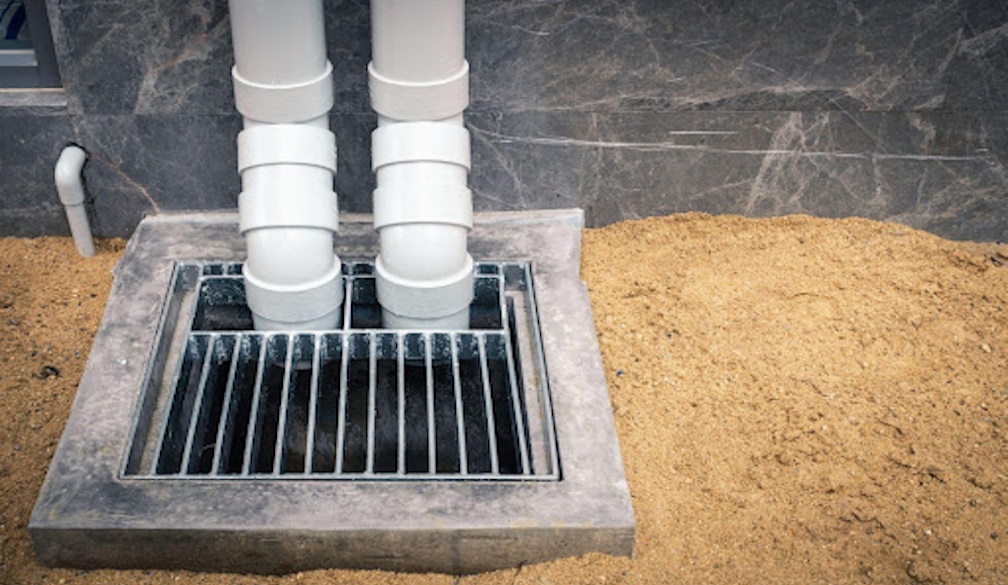Simple Steps for Preventing Common Home Plumbing Issues

Maintaining a home plumbing system is paramount for avoiding potential disasters and costly repairs. Homeowners frequently encounter common plumbing issues such as leaks, blockages, and water pressure problems. Preventive measures can mitigate these problems, saving time and money while ensuring a functional and efficient plumbing system. This article will delve into simple, actionable steps to prevent common home plumbing issues, focusing on regular inspection and maintenance, proper use of fixtures, pipe freezing prevention, managing water pressure, and knowing when to call a professional plumber.
Regular Inspection and Maintenance
Regular inspection and maintenance play a crucial role in keeping plumbing systems in good working order. Small issues, if left unchecked, can evolve into significant problems.
Checking for leaks and corrosion can prevent water damage and deterioration of pipes. Simple inspections can be done by examining visible pipes, faucets, and fixtures for any signs of moisture, rust, or discolouration. Catching these problems early can reduce the risk of bigger issues down the track.
Cleaning drainage systems is another vital component. Over time, drains can become clogged with hair, grease, and other debris, leading to slow drainage or even blockages. For outdoor areas, following storm water drain maintenance tips can help prevent blockages caused by leaves, dirt, and other debris. Regular cleaning with non-corrosive solutions or homemade mixtures of baking soda and vinegar can help keep drains clear. Avoiding the use of harsh chemicals is essential to prevent pipe damage.
Proper Use of Plumbing Fixtures
Improper use of plumbing fixtures is a common cause of plumbing issues. Education and mindful usage can go a long way in preserving the system's health.
Toilets, sinks, and showers require proper usage to avoid damage and blockages. For instance, avoid flushing anything other than toilet paper and human waste down the toilet. Items such as sanitary products, wipes, and excessive amounts of toilet paper can cause clogs.
In sinks and showers, using drain guards can prevent hair and other debris from going down the drain. It's also wise to avoid pouring grease and oil down the kitchen sink, as they can solidify and lead to blockages.
Educating household members about proper use is crucial. Everyone in the household should understand what can and cannot be flushed or washed down the drains. Introducing these habits ensures the longevity of plumbing fixtures and prevents unnecessary issues.
Preventing Pipe Freezing
Pipe freezing is a significant concern in colder weather, as it can cause pipes to burst and result in extensive water damage.
Understanding why pipes freeze and taking steps to prevent it can save a lot of trouble. Insulating pipes, especially those in unheated areas like basements, attics, and garages, can protect them from the cold. Pipe insulation materials are readily available and easy to install.
Allowing faucets to drip during extremely cold weather can also prevent freezing. The small flow of water keeps the pipes from freezing and can relieve any pressure buildup if the pipes do start to freeze.
Using heat tape or pipe sleeves is another effective method. Heat tape can provide a consistent source of warmth to the pipes, while pipe sleeves add an extra layer of protection against the cold.
Managing Water Pressure
Excessive water pressure can strain plumbing systems, leading to leaks and damage.
It's essential to check and adjust water pressure regularly. A simple pressure gauge can measure the water pressure in your home. The ideal range is typically between 40-60 psi. Readings above this range may indicate excessive pressure.
Installing pressure regulators is a practical solution to manage water pressure. These devices can be attached to the main water line to regulate and maintain safe pressure levels throughout the home.
Recognisable signs of water pressure issues include loud banging noises from pipes, dripping faucets, and unusually high water bills. Addressing these signs promptly can prevent further damage.
Knowing When to Call a Professional
While many minor plumbing issues can be addressed with DIY methods, recognising when to call a professional is crucial.
Certain problems require professional assistance, such as persistent leaks, major blockages, or issues with the main water line. Attempting to fix these problems without the necessary expertise can often worsen the situation.
Risks of DIY plumbing fixes include improper repairs, which can lead to more significant problems and costs. A licensed plumber possesses the skills and tools to handle complex issues safely and effectively.
Finding and choosing a reliable plumber involves researching local services, reading reviews, and asking for recommendations. A good plumber Adelaide will have the required certifications, insurance, and a solid reputation.
Timely intervention by a professional can save homeowners from extensive damage and costly repairs. Establishing a relationship with a trusted plumber ensures that help is readily available when needed.
Conclusion
Preventive measures are integral to maintaining a healthy plumbing system. Regular inspections, proper use of fixtures, preventing pipe freezing, managing water pressure, and knowing when to call a professional can significantly reduce the risk of common plumbing issues.
Taking action and performing routine checks not only saves homeowners from the headache of unexpected repairs but also extends the lifespan of the plumbing system. In summary, a proactive approach to plumbing maintenance contributes to a well-functioning home environment, ensuring peace of mind and long-term savings.

















